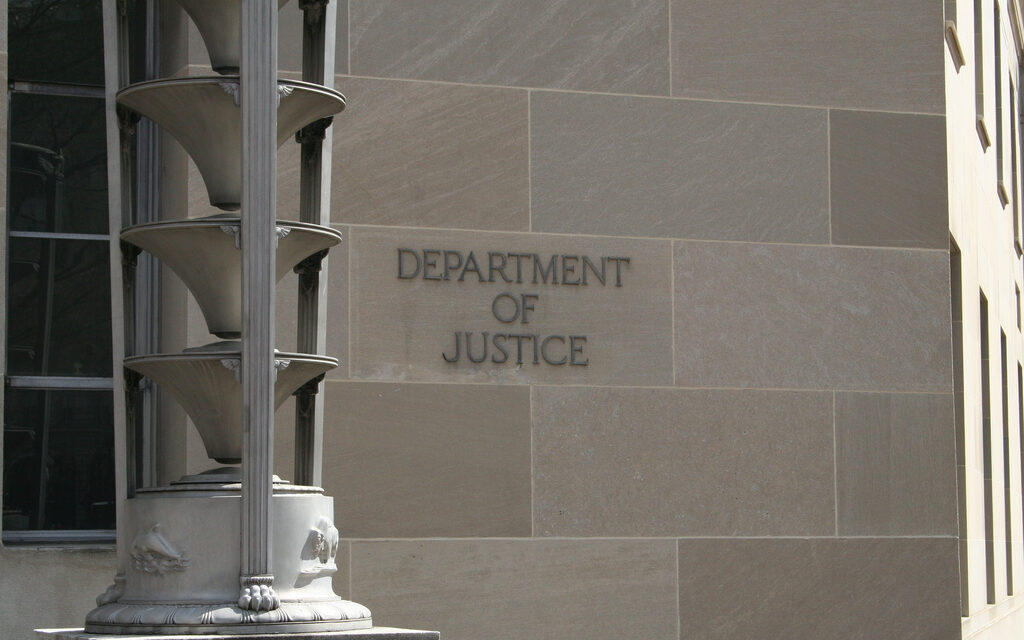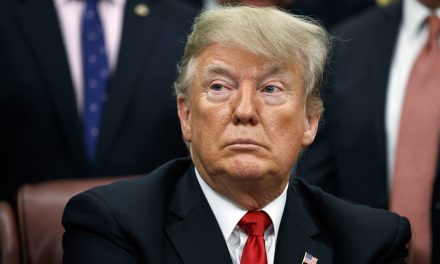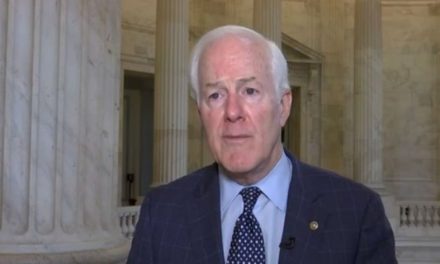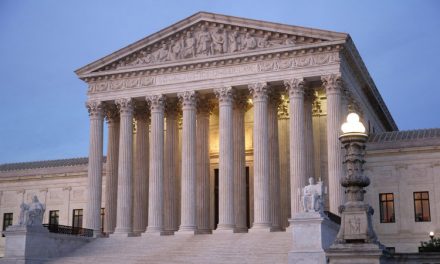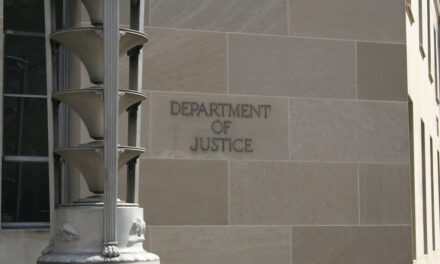We may be confronted with some unpleasant choices when we finally have to address the full range of wrongdoing in the White House. It won’t take a superhero to set it right, but it may require a cast iron stomach.
For more on pruning back executive power see Pruning Shears.
No Associated Press content was harmed in the writing of this post
Prairie Weather inspired this week’s post. I have been unsuccessfully trying to write about what may be a vast, unexamined record of wrongdoing from the administration, and a brief exchange started by PW finally got me unstuck. Stuart Taylor Jr. has argued for pardons, Cass Sunstein agrees and Victoria Toensing has added (via) her own dubious logic to the drumbeat. A consensus has developed among political and media elites that no good purpose would be served by enforcing the law(!) and so for the sake of a smooth transfer of power and a calming of the political waters in the capitol we must let it all pass.
On the face of it I am vehemently opposed to ignoring criminality for the sake of comity. There is no position outlined by the pro-pardon group that is the slightest bit compelling to me. Sunstein’s belief that “I don’t think it’s appropriate at this stage to attempt to impeach two presidents consecutively” is completely absurd. At what stage would it be appropriate? If one party impeaches a President in a fit of cheap political grandstanding is his successor inoculated against it? What kind of crime would it take for Sunstein? Has anyone heard specifics? All I’ve heard so far are banalities along the lines of “any crime has to be taken quite seriously” and “are we in favor of immunizing people who worked in the White House in the last eight years from accountability for criminal acts? I don’t think anyone should be in favor of that.” Thanks, professor.
Toensing’s warning that “[i]f we don’t protect these people who are proceeding in good faith, no one will ever take chances” is outrageous as well. “We” do not need to protect people – the law does that. One of the signal achievements of this administration has been successfully advancing the notion of a patriotic duty to break the law. If the President “asks” individuals or businesses to do something plainly illegal out of loyalty to America then they may do so (even if they have access to an entire department of lawyers who could tell them they are breaking the law). A simple appeal by the President trumps the law, plain and simple. This is the concept of good faith that Toensing advances, and is euphemistically reduced to “taking chances”. What she describes is the absolute authority of the dictator. As for Taylor, see Andrew.
The crux of the problem is that the Republican party has come to view the law as entirely political. When Congress passes a law, or a President follows it (or doesn’t), or the Justice Department enforces it (or doesn’t), or the Supreme Court rules on it – these are all political footballs to be kicked around, not fundamental building blocks of a functional society. In other words, lawless, ignorant, contemptible hacks are fine as long as they are OUR lawless, ignorant, contemptible hacks. The collapse of integrity and wholesale politicization at Justice is not a problem in and of itself; it only is a problem if a Democrat does it. (The fact that they vote along party lines on these issues when they don’t walk out entirely should be all the proof you need.)
In an environment like that we will never get a full and satisfactory investigation. Every step of the way some GOP loyalist will cry foul and insist the REAL politicization is the belated enforcement. If we want to bypass all that maybe we should take up PW’s suggestion of “giving the country clotheslines laden with dirty linen and encouraging the voters to smell the stench and make up their own minds.” Or as John Mecklin put it, “[u]ntil we know the entire story of the conduct of the war on terror, a new story — with America reassuming a believable role as a guarantor of human rights — can’t really begin.” We could get a much better idea of the full truth by granting immunity and compelling testimony with a threat of perjury hanging over it.
I have to admit that such a scenario is in a way extremely unpalatable to me. Crimes have already been committed and a good part of me would be outraged if I knew that we were forever giving away the opportunity to see justice for them. But the question may come down to, would you rather have some justice with some truth, or no justice with full truth? And would you rather have maybe a handful of convictions that are forever criticized or a full toxic dump of truth that even the most rabid partisan will not approach? And wouldn’t the existence of such a thing, one way or another, create a justice of its own?

